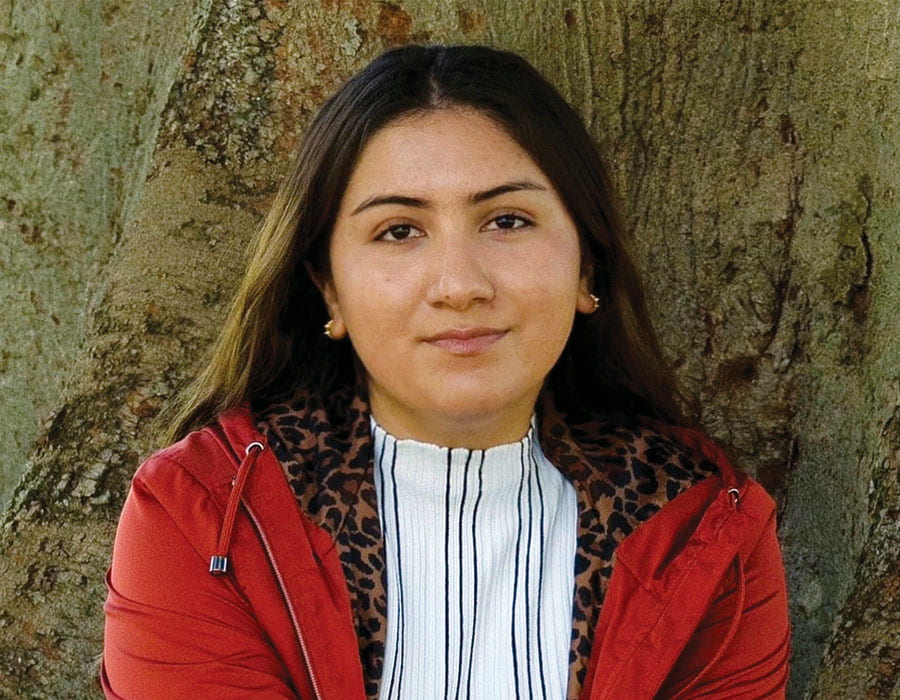Books through bars
Prison service program finds a second home at UCI

Four plastic bins sit on the ground overflowing with yellow and white bubble mailers, each filled with books to be shipped to incarcerated persons across the country. The packages have been prepared by volunteers at Books Thru Bars, a student-led prison reading materials program that started at UC San Diego and has now made its way to UCI.
Parisa Vega, a San Diego native and third-year Anteater studying environmental science and policy, has been an organizer at Books Thru Bars since her junior year of high school. She didn’t want to discontinue her involvement with the program when she moved to Irvine, so she decided to take it with her.
In collaboration with the Underground Scholars Initiative and Underground Scholars Program at UCI, Vega established Books Thru Bars in Irvine this year with two packaging events in May. Each was a hit, with dozens of participants volunteering to read and respond to letters from incarcerated people across the nation and fulfill their requests for books.

“The most commonly requested ones are dictionaries and thesauruses, because people are trying to educate themselves while they’re incarcerated,” Vega says.
She became involved with Books Thru Bars in 2020 with her sister Sarina. The program today is the result of their efforts to revamp a UCSD graduate student project that had been abandoned in 2012.
At the time, they had two family members affected by incarceration. The year before, Vega had taken an elective high school course on law and wrongful conviction that she credits with opening her eyes to the inequities of the U.S.’s prison-centric legal establishment.
“We’re all impacted by a justice system that doesn’t really bring justice,” she says. “The prison book project is not a solution but a temporary Band-Aid that can help those most directly affected.”
Books Thru Bars – currently in the process of becoming a registered campus organization – provides educational reading materials to incarcerated persons who request them via mail. These letters often also include personal anecdotes and thoughts from the writers, which can make the book packaging events exhausting for volunteers.
“It’s really emotional and draining work, and after reading a few letters in the day, you have to step aside,” Vega says. “It’s a lot, because people are telling you their entire story, and then you have the responsibility to respond to that. But it’s so important that the folks who reach out are heard.”